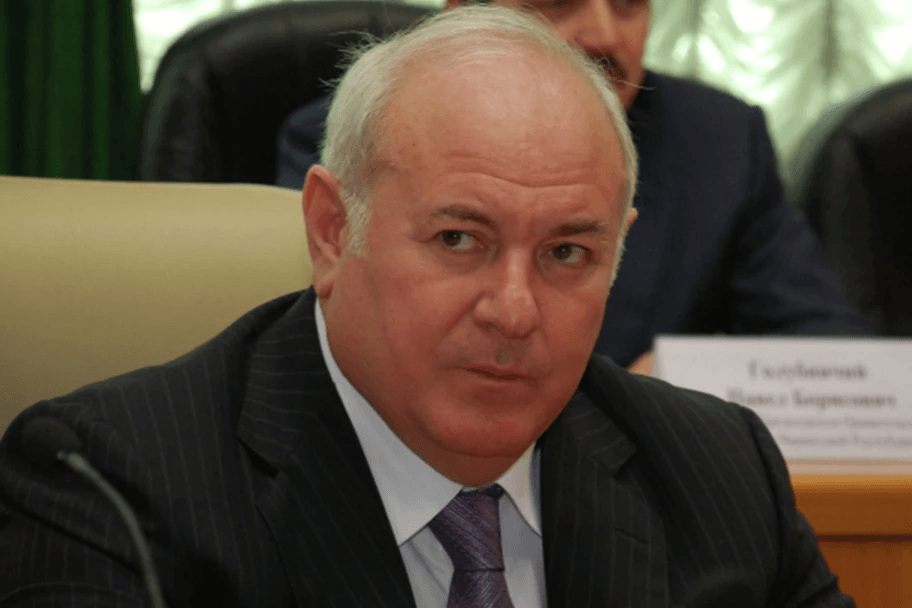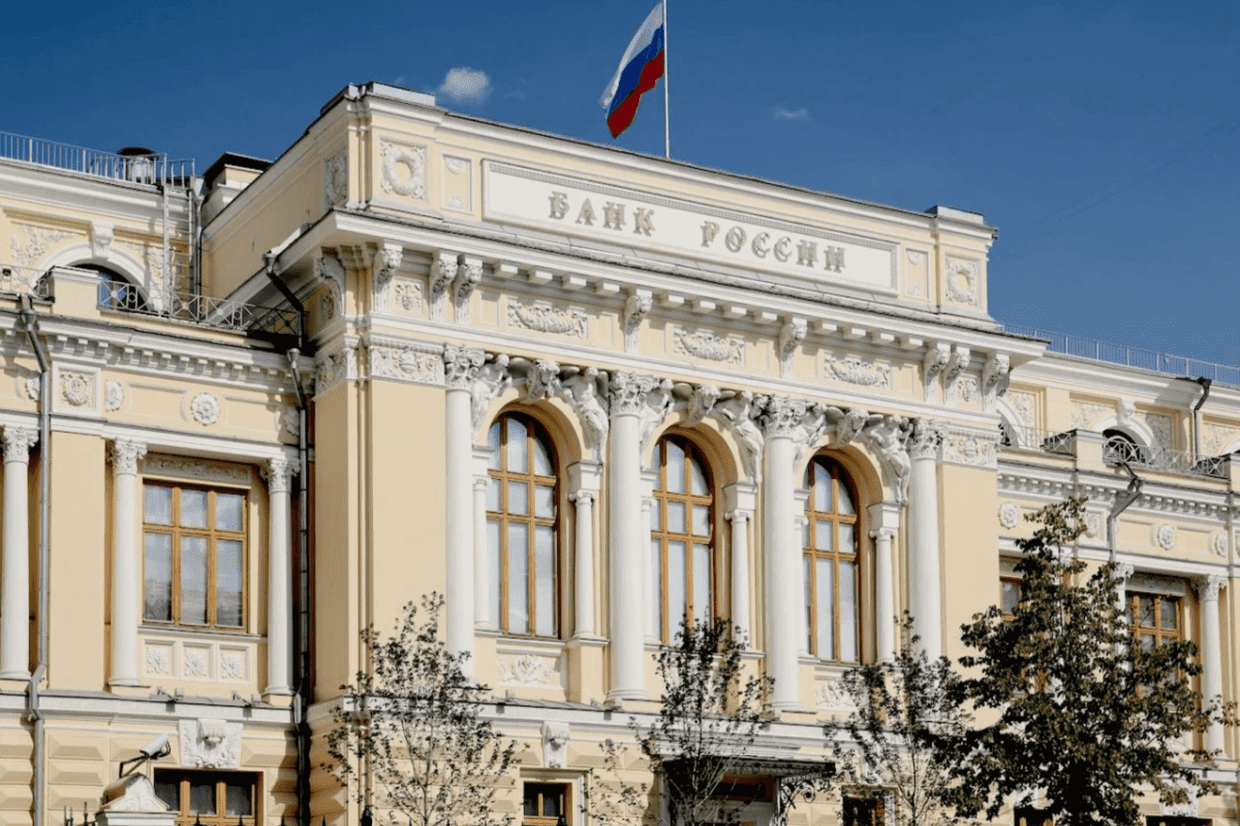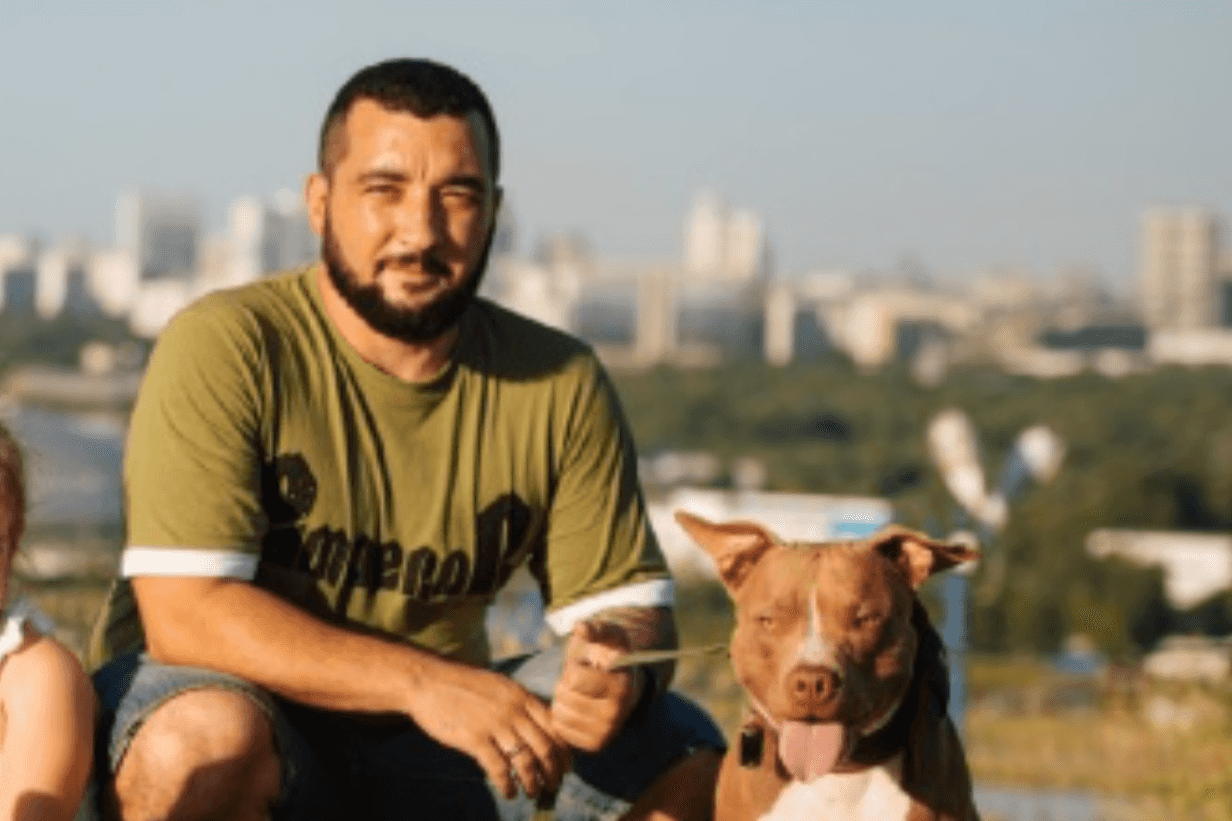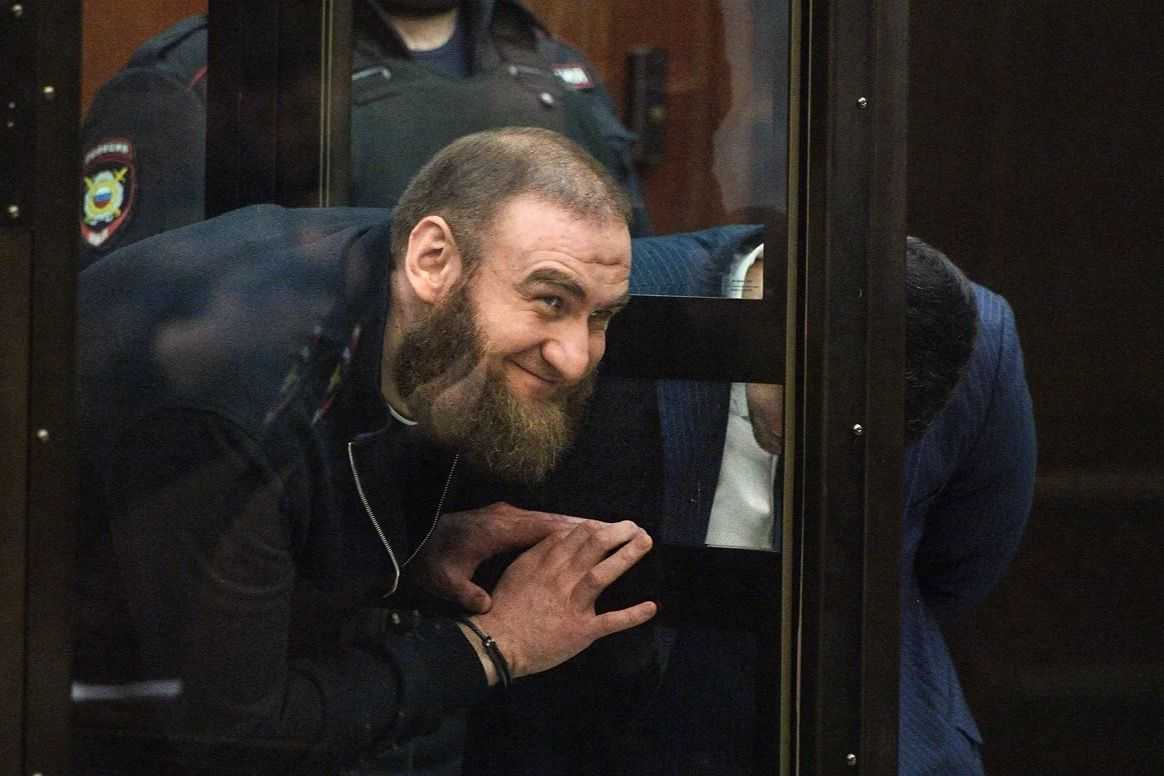
Karachay–Cherkessia’s former Prime Minister, Vladimir Kaishev, is facing criminal charges over what investigators describe as a decade-long scheme of corruption and asset seizure.
Vladimir Kaishev, a prominent businessman, former head of the Karachay–Cherkessia government, and a member of the Russian Academy of Sciences, stands accused of establishing and leading an organised criminal group. According to the Russian Investigative Committee, Kaishev orchestrated the group’s activities for more than ten years, allegedly involving officials, entrepreneurs, and relatives in efforts to seize businesses, embezzle public funds, and exploit natural resources.
The investigation is being led by the Main Investigative Directorate of the Ministry of Internal Affairs for Stavropol Krai, with operational support from the Federal Security Service (FSB). Prosecutors have detailed four major episodes, all centring on economic crimes allegedly facilitated by political influence and corrupt networks.
In addition to Kaishev, four other individuals have been named in the case: Yuri Kaishev, the former premier’s brother and director of the ‘G. V. Kaishev Agrofirm’, Konstantin Sukharev, ex-director of the Pyatigorsk dairy plant and a former city councillor, Yevgeny Kudelya, owner of the Mineralnye Vody-2 sanatorium, and Igor Khronovsky, a former director at the Ministry for Economic Development in charge of socio-economic planning for the North Caucasus.
Four of the accused have been held in pre-trial detention since March 2024. The fifth, Kudelya, has been placed under house arrest due to age and health issues — he is 76 years old.
The most serious charge is that of forming a criminal organisation (Article 210, Part 1 of the Russian Criminal Code), which carries a maximum sentence of up to 20 years. Prosecutors allege that since 2008, Kaishev has built a network of loyal business associates and public officials, using it to gain access to lucrative state contracts and natural resource licences.
One of the most high-profile episodes involves a suspected hostile takeover attempt of Kavminvody, a leading mineral water producer in the region. According to the Interior Ministry, Kaishev tried to extort a 50% stake in the company — worth approximately ₽70 million ($870,000) — from one of its board members. Allegedly, he used a road owned by his firms to block access to the company’s production facilities, threatening to halt operations. In 2021, workers at the factory recorded a video address to Russian President Vladimir Putin, appealing for federal intervention.
Another major allegation concerns the Mineralnye Vody-2 sanatorium, owned on paper by Kudelya but believed by investigators to be controlled in practice by Kaishev. In 2016–2017, the resort is said to have tapped into a gas pipeline illegally, allegedly stealing over nine million cubic metres of natural gas, causing damages of ₽75.5 million ($940,000). Lawyers for both Kudelya and Kaishev maintain the connection was legal and that gas was supplied via an authorised line. They further argue that prosecutors have not produced technical evidence to support the theft claims.
Igor Khronovsky, the former federal official, is accused of abusing his office by transferring the licence for Well No. 72, originally held by a Kavminvody-affiliated firm, to a different company. Investigators say the transfer bypassed standard tender procedures and was made based on falsified data, directly harming the legitimate licence-holder and stalling the development project.
A fourth episode relates to the supply of substandard dairy products to schools and kindergartens. Prosecutors allege that the criminal group used affiliated companies to rig procurement tenders and deliver low-quality goods to state institutions. Financial losses from this scheme are said to amount to several million rubles.
Defence lawyers for all five defendants have rejected the accusations, calling them ‘unfounded’ and politically motivated. They argue that much of the case is based solely on testimonies from one or two individuals with vested interests in discrediting Kaishev and his associates. Complaints have been filed with the Prosecutor General’s Office and the national Human Rights Concessioner, asserting that the road allegedly used to extort the water company was legally owned by Kaishev, and that there was never any demand for company shares.
Kaishev himself has denied ever meeting Khronovsky or showing interest in Well No. 72, and has insisted the disputed road is private property and that he was within his rights to restrict access to it.
The investigation remains ongoing. Authorities have carried out over 17 searches in Stavropol Krai and the Moscow region, seizing documents, electronic devices, cash, and vehicles. A full trial is not expected before the second half of 2025.
If convicted, Kaishev and his co-defendants could face significant prison terms, ranging from 10 to 20 years.











